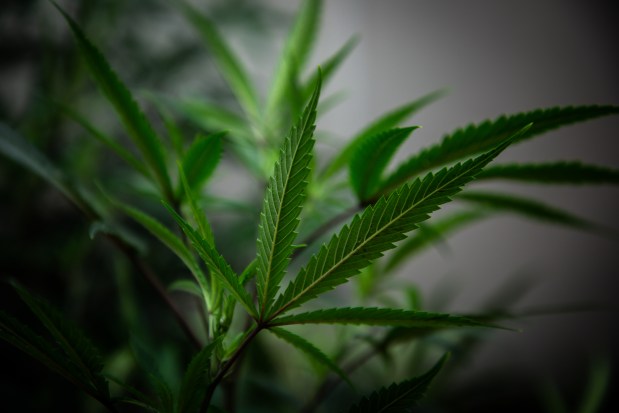A Chicago law firm has filed lawsuits against numerous Illinois cannabis companies, claiming that they are violating state limits on the amount of THC allowed in each package.
The cases highlight increasing debate over cannabis potency as the percentage of THC — the component that gets users high — keeps increasing, and as hemp producers operate without the same limits as state-licensed growers.
The law firm filing the suits, Luisi Holz Law, is seeking class-action status for customers who have purchased the products, and is seeking more than $5 million.
Lawsuits were filed in county or federal courts against Acreage Holdings, Aeriz, The Cannabist Co., Cresco Labs, Ieso, Cannabist, Verano, Cresco Labs and Progressive Treatment Solutions.
Under state law, cannabis-infused products, or edibles, cannot exceed 100 milligrams per package. By designating some products as concentrates, which have no such limit, the lawsuits allege, the companies are able to sell products containing one gram (1,000 milligrams) and are able to get around the restrictions.
The complaints allege that the manufacturers took market share and increased prices for consumers, causing them “damages and harm.”
Aeriz spokesman Ryan Thomas said in a written statement that similar complaints were filed against the majority of Illinois cannabis producers.
“The state of Illinois inspects our facility twice per week for compliance and we strongly believe our products are fully compliant with all state laws and regulations,” Thomas wrote. “We believe that the lawsuit is without merit and we intend to vigorously defend the lawsuit.”
Other defendants named in the suits could not be immediately reached or declined to comment In at least one case, Cresco filed to have the case dismissed.
One of the plaintiffs, Stefania Morgante, is a medicinal cannabis patient from McHenry County who was diagnosed with melanoma, went into remission, and is currently battling a return of her cancer for the second time. She uses Rick Simpson Oil, a cannabis oil, as part of her treatments.
“The product also places Plaintiff at risk of overconsuming, which could significantly impact her health outcomes,” the suit stated. “High-potency cannabis products have been linked to significant risk of psychosis and other psychiatric-related illnesses.”
Other plaintiffs include customers Chad Alsip, of Kane County, and Martize Gregory, of Cook County. The suits generally were filed in federal court in Chicago, or in at least one case in Cook County, and were seeking class-action status for all customers who have bought the products.
One suit against Lifted Liquids Inc., claimed its Urb hemp delta-8 and delta-10 products violated federal limits on THC. Hemp is limited by law in some states, but not Illinois. Federal law sets a limit of .3% THC, but has no limits on total THC for each package, allowing hemp products to sell much more than allowed in licensed dispensaries.
Another suit alleges that vaporizers are misclassified and selling beyond intended limits.
A suit against Verano Holdings Corp. challenges the status of Rick Simpson Oil. RSO, as it’s known, was named after a Canadian cancer patient who became a cannabis activist. It is a whole plant extract, prized for its high potency and “full spectrum” of marijuana cannabinoids and terpenes, and often used by cancer patients.
Verano, in a written response, denied the allegations.
“For plaintiffs to suggest that Verano products are misclassified and sold in violation of state regulations — where the state regulators have stringent requirements that must be achieved for approval of the products’ classifications, concentrations and labeling — is highly offensive, and renders this lawsuit entirely frivolous,” the Verano statement said. “Of principal concern is plaintiffs’ false alleged assertion, which is fundamental to their case, that all RSO products on the market manufactured and sold by all operators should be classified as ‘cannabis-infused products,’ when they are in fact classified, and regulated, as cannabis concentrates.”




